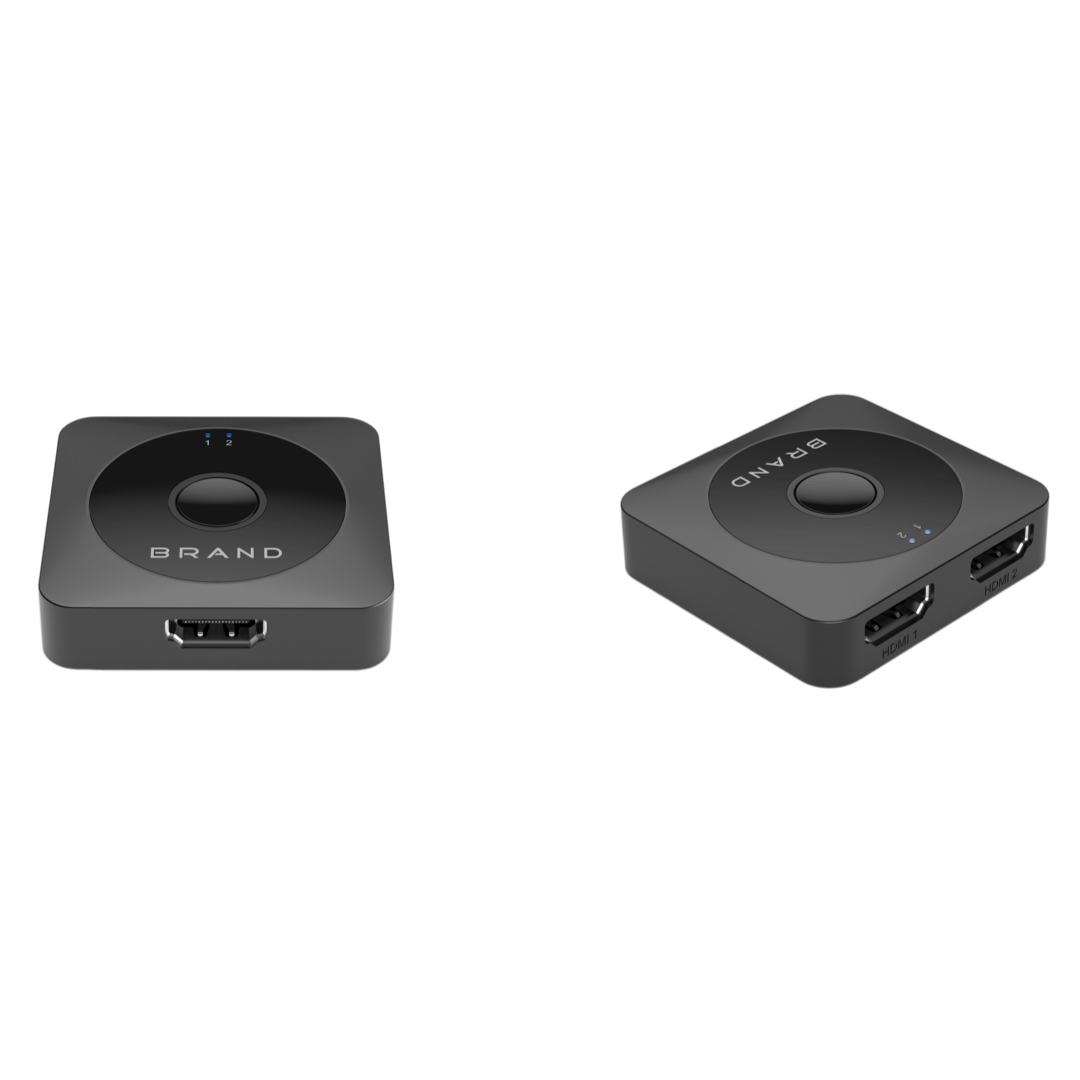Precautions for the use of audio adapters Correct use to avoid unnecessary problems

Audio adapters are essential tools for connecting various audio devices. Whether you are a music enthusiast or a professional, it is crucial to use audio adapters correctly to avoid unnecessary problems and ensure high audio quality. This article provides a comprehensive guide and precautions for using audio adapters effectively.
1. Compatibility and Quality
When using audio adapters, it is essential to consider compatibility with your devices. Ensure that the adapter is suitable for the specific devices you are connecting. Using a low-quality or incompatible adapter may result in poor sound quality or even damage your equipment.
Preferably, opt for high-quality adapters made by reputable manufacturers. They may be slightly more expensive, but they offer better sound reproduction and longevity. Be cautious of counterfeit products, as they can lead to audio distortion, signal loss, or even electrical hazards. Always purchase from authorized sellers or reputable online retailers.
2. Proper Insertion and Connection
Improper insertion and connection of audio adapters can lead to connectivity issues, sound distortion, or even equipment damage. To avoid such problems:
- Ensure that the devices are turned off before connecting the audio adapter. This prevents potential damage caused by accidental power surges.
- Before insertion, inspect the connectors and ensure they are clean and free from debris. Dust or dirt on the connectors can weaken the connection or cause sound disruptions.
- Insert the audio adapter firmly and securely into the respective ports. Avoid applying excessive force, as it may damage the equipment or break the adapter.
- Tighten the connections properly to prevent any loose contacts that can result in audio interruptions.
3. Handling and Maintenance
Proper handling and regular maintenance of audio adapters can significantly extend their lifespan and ensure optimal performance. Here are some important tips:
- Handle audio adapters with care and avoid dropping or mishandling them. Rough handling can damage the internal components and affect their functionality.
- Regularly clean the adapters using a soft, lint-free cloth. Avoid using harsh chemicals or abrasive materials that may scratch or damage the connectors.
- Store audio adapters in a safe and dry place to prevent moisture or dust accumulation. Extreme temperatures or humidity can negatively impact their functionality.
- Periodically check the adapters for any signs of wear and tear. If you notice any damage or frayed cables, replace the adapter promptly to prevent potential hazards.
In conclusion, using audio adapters correctly is crucial to avoid unnecessary problems and ensure optimal sound quality. Consider compatibility and quality, handle and maintain the adapters properly, and adhere to the precautions mentioned above. By following these guidelines, you can enjoy seamless audio connections and enhance your overall audio experience.



